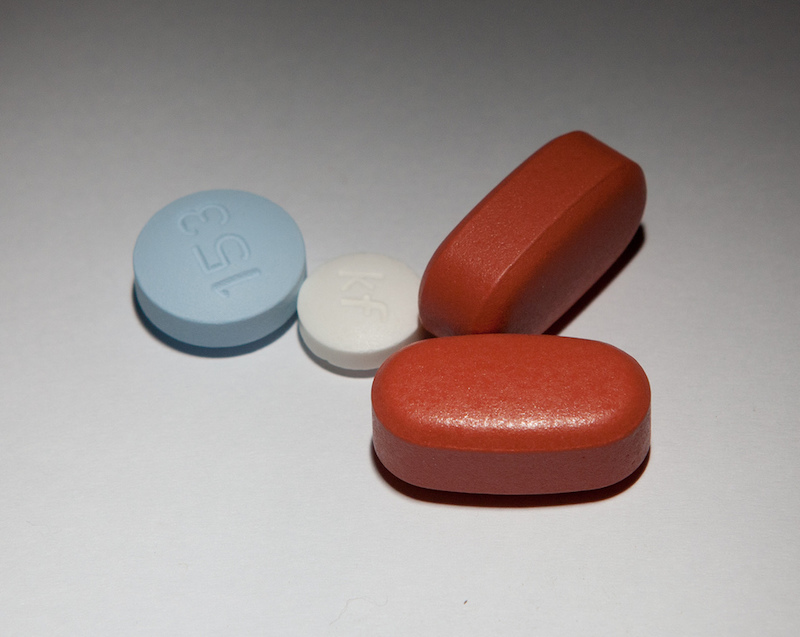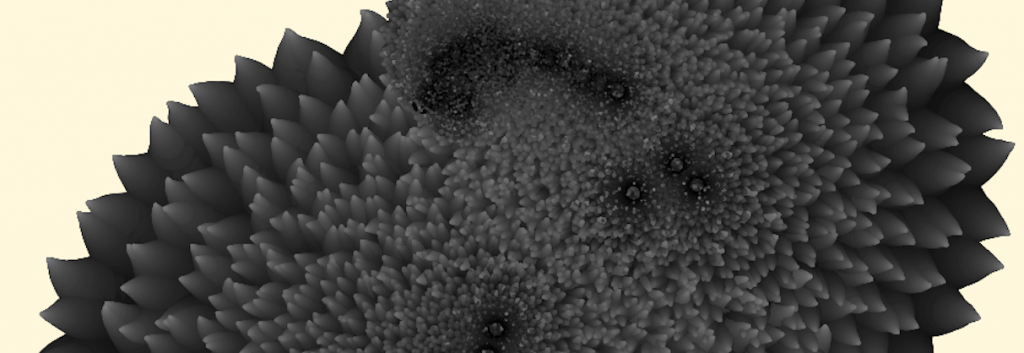Gilead has long been the leader in HIV treatments, but GlaxoSmithKline’s CEO revealed to the WSJ that the company has been investing in the field. It could give Gilead a run for its money with dolutegravir, a new integrase inhibitor so powerful it may knock the standard down from triple to dual therapy.
Since the 90’s, the standard treatment for HIV has been triple therapy, a cocktail of three drugs designed to suppress the retrovirus; but these usually come with the significant side effects of nausea, diarrhoea, kidney problems and bone thinning, not to mention taking a significant chunk out of a patient’s wallet. GSK’s new treatment, based on dolutegravir, marks its entry into the HIV arena and has the potential to alleviate many of these burdens and revolutionise HIV treatment, a field currently dominated by Gilead.
Dolutegravir is an integrase inhibitor that arrests replication to rapidly reduces retrovirus levels in the blood. It is so powerful that it could cut triple therapy down to dual therapy; in fact, it reportedly has the potential to be a monotherapy, but GSK remains cautious.
Reducing the standard three-part cocktail to two components would theoretically decrease side effects and the financial burden. Dr. Rochelle Walensky at Harvard Medical School estimates that a whopping €2.7B could be saved by switching just a quarter of patients from triple to dual therapy.

Dolutegravir is already approved for use as part of triple therapy, so it is a bit disingenuous of GSK to tout it as a revolutionary new therapy. That said, dual therapies have until now been a pipe dream, and GSK sees candidate potential in dolutegravir. It is currently in clinical trials combined with the antiretroviral 3TC (lamuvidine) or the NNRTI rilpivirine. There have been some positive preliminary findings, but formal results are expected in 2017. Amazingly, no resistance to it has yet been reported, a pitfall of many other integrase inhibitors.
With its potential to decrease side effects, cost, resistance and the size of the cocktail, dolutegravir could be GSK’s ticket to overtake Gilead as the leader in HIV treatment. But Gilead won’t go down without a fight: its TAF-based triple therapies are effective at relatively low doses, mitigating kidney damage, and the company is developing its own integrase inhibitor due to launch in 2018 that could steal GSK’s prospective market share.
The competition is sure to heat up in the next year or so as more results are published and other companies (Abivax, Bionor, & Immunocore) advance their own therapies – stay tuned!
Images: virus_c (CC2.0, Leonel Cunha/Flickr); Anti-retroviral drugs (CC2.0, Rico Gustav/Flickr)





